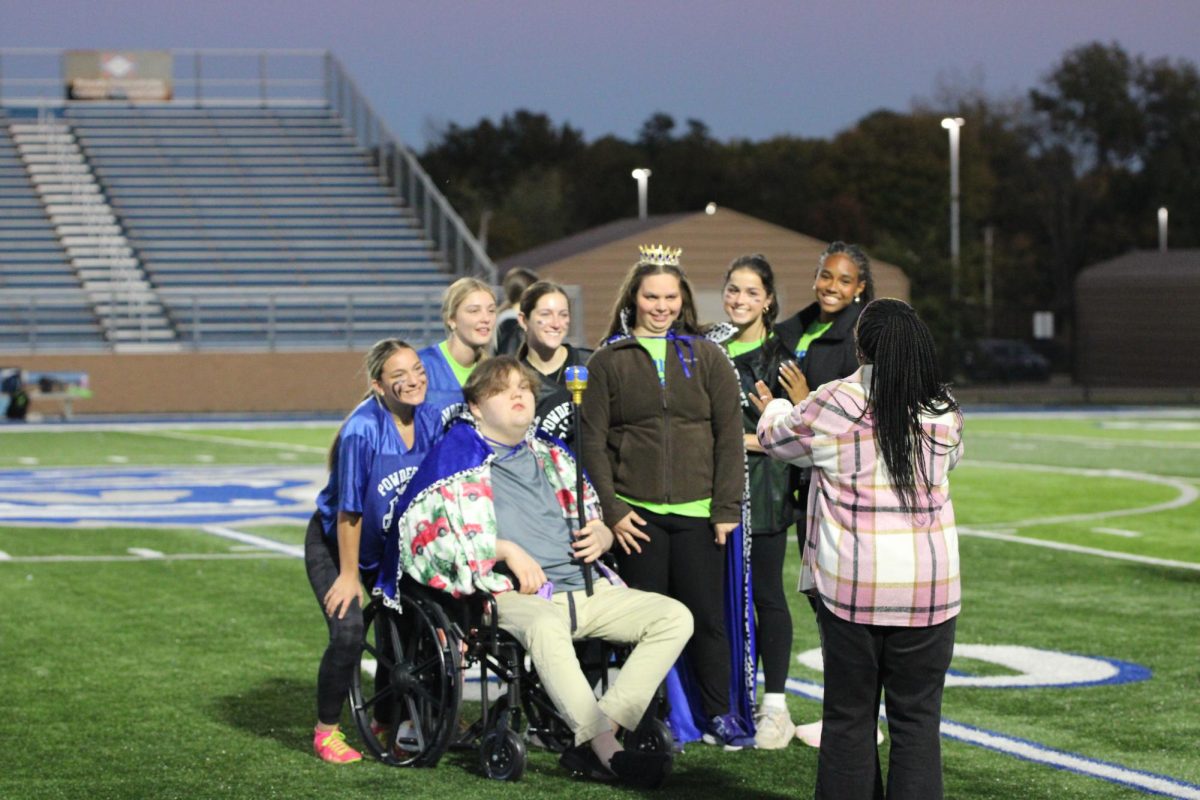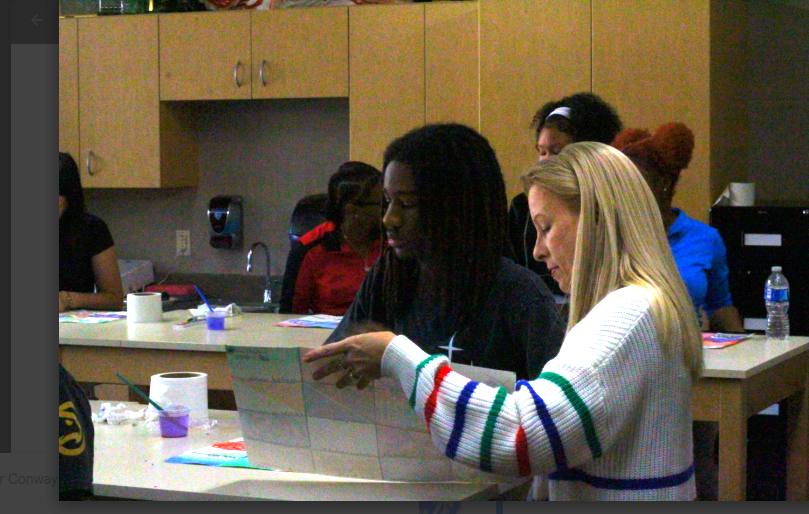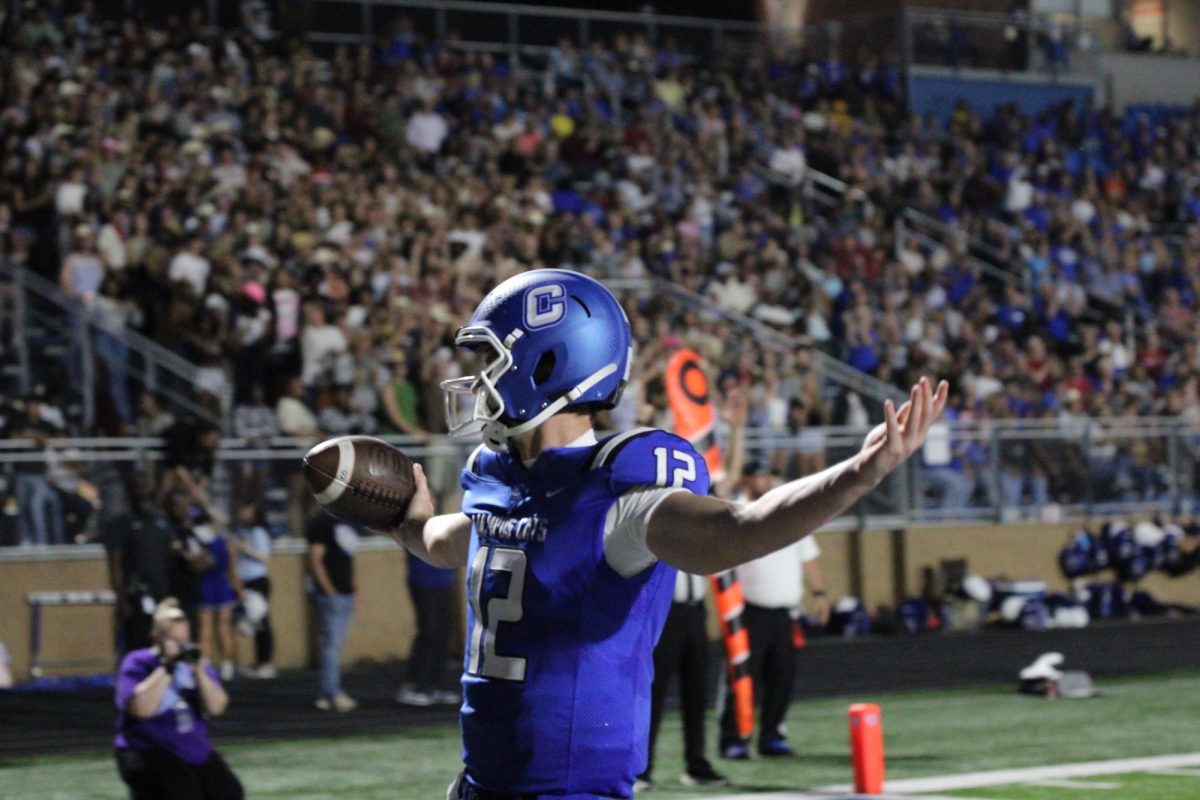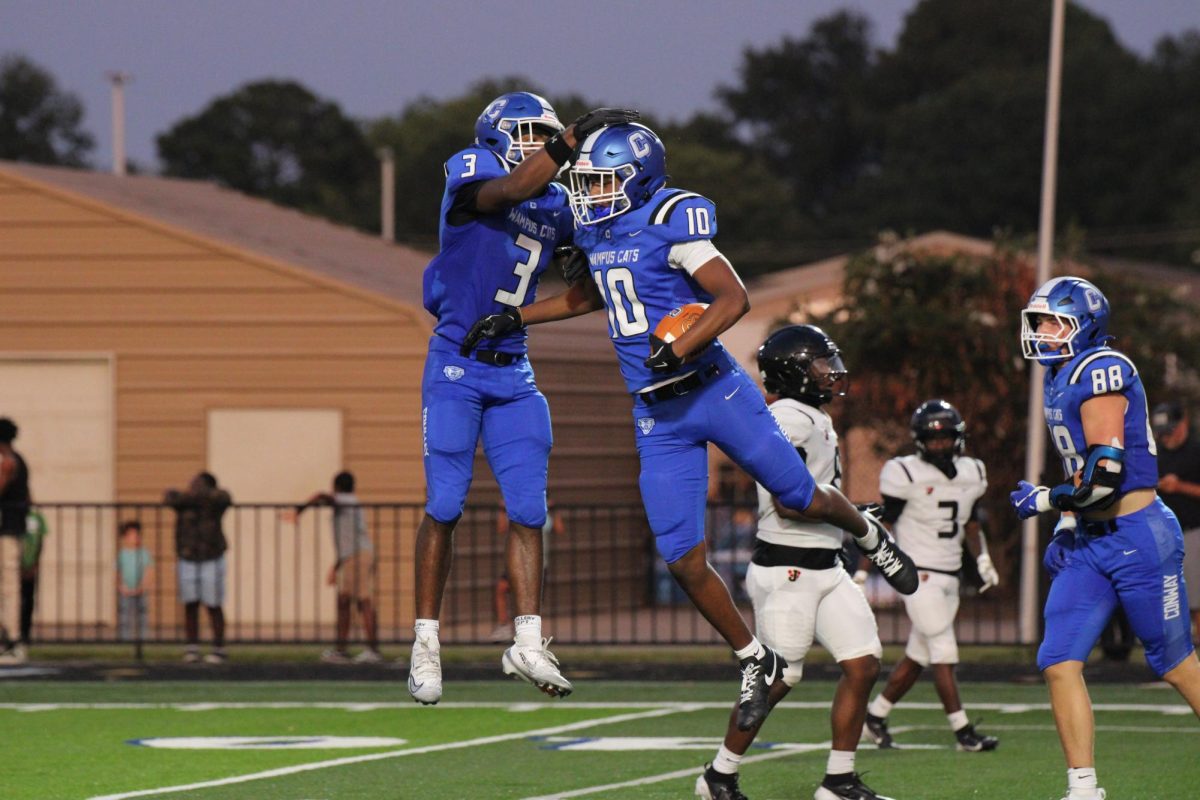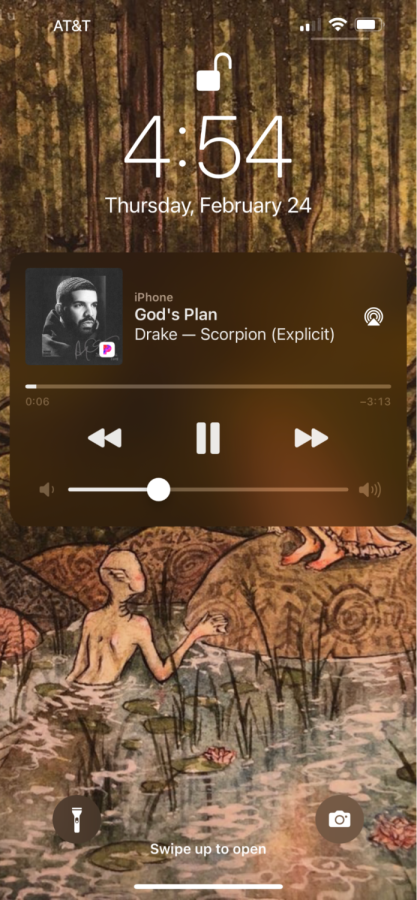Black History: The Life and Impact of Drake
February 25, 2022
The month of February is extremely important to everyone that lives in the United States. It is a month that celebrates diversity and cultural and racial differences among the many different people that have and currently walked the Earth. February is observed officially as Black History Month. During this month many people take the time out of their days to recognize, observe, honor and educate themselves on the triumphs and struggles of African Americans throughout U.S. history. Today, there are many influential black people that continue to shape the world into being a better place overall. One of those people would be the famous rapper, Drake. Drake is most known for his songs titled, “God’s Plan,” “In My Feelings,” and “Hotline Bling” that are listened to all across the world by billions of people. He has also been a prominent figure in the recent Black Lives Matter movement, and has helped many communities.
Aubrey Drake Graham was born on October 24, 1986, in Toranto, Canada. He was born to father Dennis Graham who was a drummer for the legendary rock ‘n’ roll star Jerry Lee Lewis and mother, Sandi Graham, whose mother babysat Aretha Franklin. Drake’s uncle, Larry Graham also played the bass for Sly and the Family Stone. Needless to say, Drake was born into a very musically inclined family on both sides. His family also is very multicultural. Drake’s father is an African American Catholic, and his mother is a white Canadian Jew. Drake even commented on his mixed culture by stating, “At the end of the day, I consider myself a black man because I’m more immersed in black culture than any other. Being Jewish is kind of a cool twist. It makes me unique.”
When Drake was five years old, his parents divorced, and he was raised by his mother in Forest Hill, an affluent and predominantly Jewish neighborhood in Toronto, Canada. He attended a Jewish day school there, had a Bar Mitzvah at the age of 13, and celebrated and observed the Jewish High Holy Days with his mother. However, during his years of education at Forest Hill Collegiate Institute, Drake felt quite isolated because the high school was virtually all white students. He also comments about his school experience stating, “…nobody understood what it was like to be Black and Jewish,” but he added that, “being different from everyone else just made me a lot stronger.” Drake then went on to be introduced to the entertainment industry by one of his classmates. His classmate’s father was an agent and Drake says, “His dad would say, ‘If there’s anyone in this class that makes you laugh, have them audition for me.’ After the audition, he became my agent.”
In 2001, Drake landed his first acting role on the Canadian teen drama “Degrassi: The Next Generation.” The show follows the dramatic lives of students who attend Degrassi High School. Drake played the part of Jimmy Brooks, also known as, “Wheelchair Jimmy.” Jimmy Brooks is a basketball star that attends Degrassi High School who becomes permanently wheelchair-bound when he is fatally shot by another student. Soon after landing the role, Drake dropped out of school to pursue his acting career further. However, while he was still appearing on Degrassi, Drake began attempting to cross over into the world of hip hop. In 2007, Drake created a mixtape called “Comeback Season,” which included his first hit single and music video titled “Replacement Girl.” This mixtape luckily caught the attention of a record studio’s founder, James Prince, who decided to play the mixtape for Lil Wayne.
Early in 2008, Drake received an unexpected call from Lil Wayne, who asked him to board a flight to Housten that night to join his Carter III tour. After touring, recording a number of songs, and even having surgery done after taking a tumble during the America’s Most Wanted Tour in July of 2009, Drake finally released his first full studio album titled, “Thank Me Later,” which debuted at No.1 on both American and Canadian album charts and was certified platinum. From then on, Drake has created many popular and influential songs that millions of people all across the world listen to today. So much so that his nickname in the hip hop industry today is, “The Prince of Hip-Hop.” Drake is not only influential through the lyrics that he raps, but also his caring nature for anything and everyone. In fact, one of Drake’s most popular songs “God’s Plan” has a heartwarming backstory. While filming the music video to his song, Drake gave away 1 million dollars to people in need. This money came in many different forms and went towards many organizations such as donating a $50,000 check to the Lotus House Women’s Shelter, which supports and provides for homeless women and children, handing out $150 Target gift cards to 130 families, and gifting toys to all of the homeless children in Miami, Florida. Needless to say, Drake wants to make a change in this world other than just by his music.
Drake has also won many awards for his very catchy music. He has received 3 Grammy awards, 9 Billboard Music awards, 3 MTV music awards, 13 BET hip-hop awards, 2 iHeartRadio awards, and many more. Drake has come a long way in the world of hip-hop. His story just goes to show that any average person regardless of race, religion, sexual orientation, etc… can be just as successful as anyone else in the world. At the peak of his career, Drake said, “I was born to make mistakes, not to make perfection.” This proves the statement even more so that truly any random, normal, and seemingly insignificant person on this huge Earth can be anything that they set their minds to.
Black History Month is a month to commemorate those who have been through trials and tribulations in order to gain their freedom, fight against discrimination, and finally rise to the top and show the world that we have the ability to coexist. Drake is just one African American out of many many others that have given this life expressive strength, resilience, and true power. Therefore, It’s important to take the days out of the month of
February to recognize those who had to fight to gain a place in today’s society.





